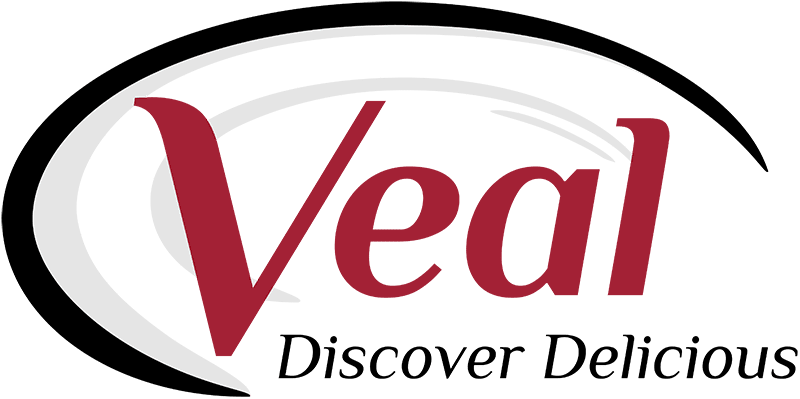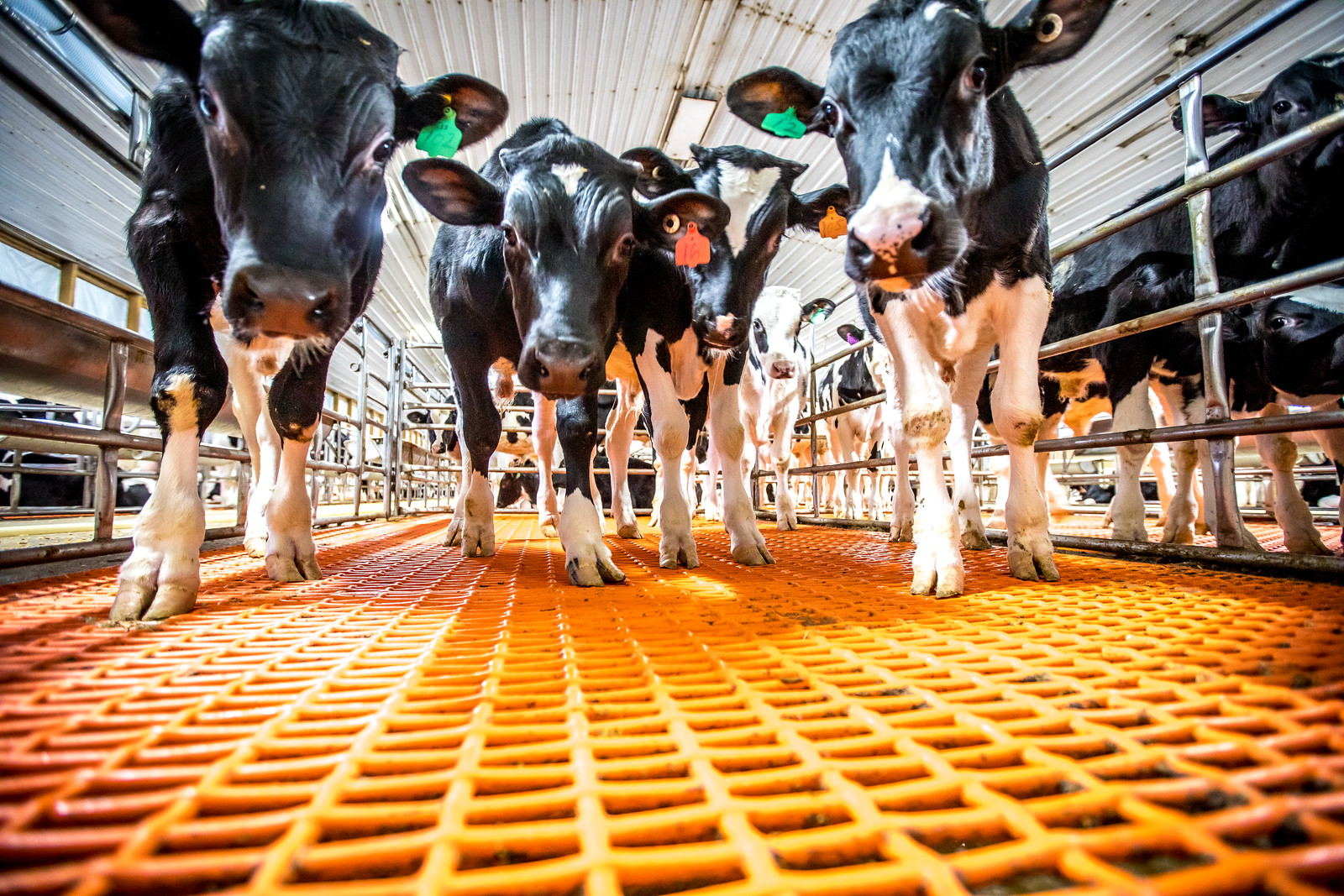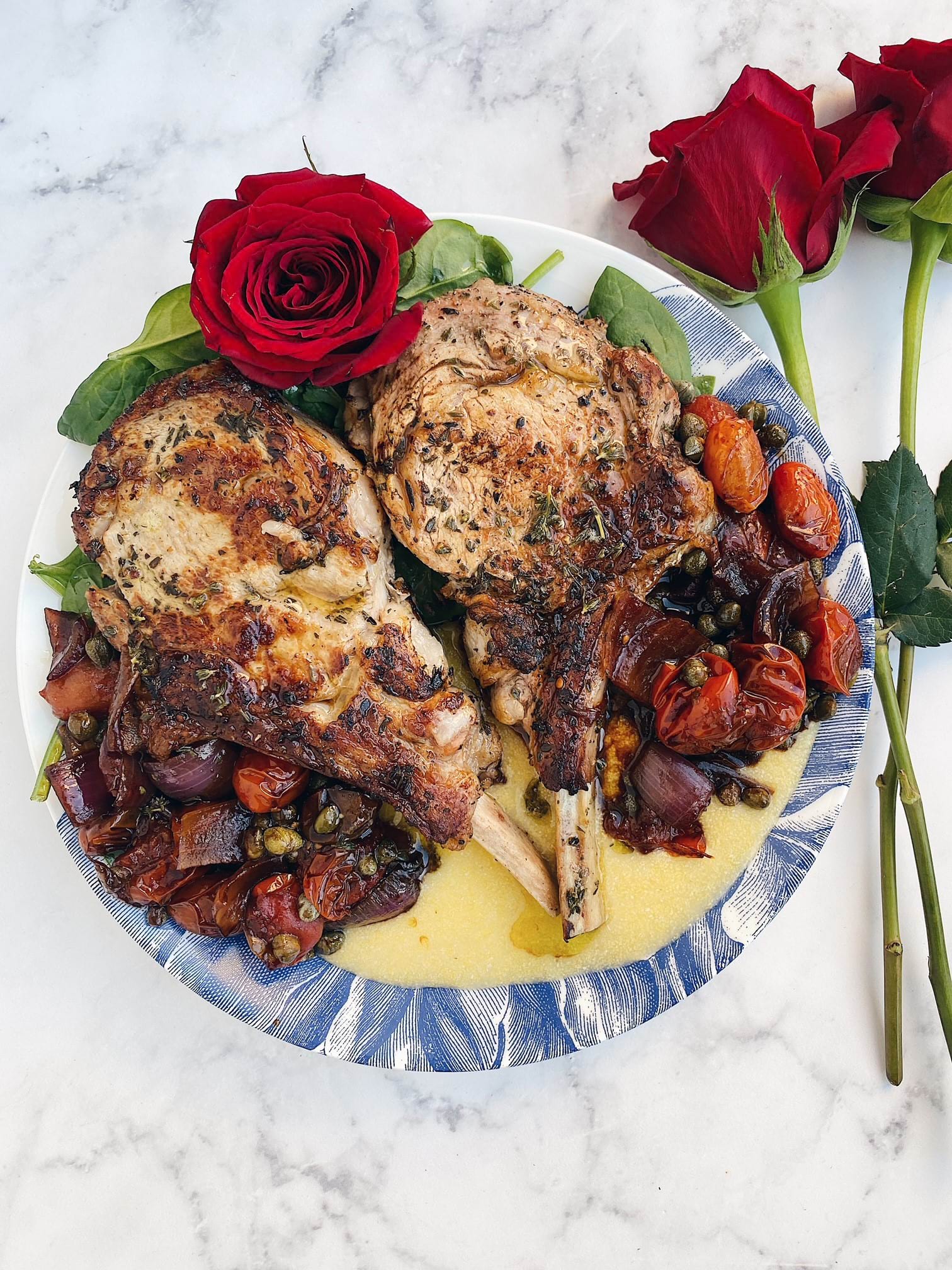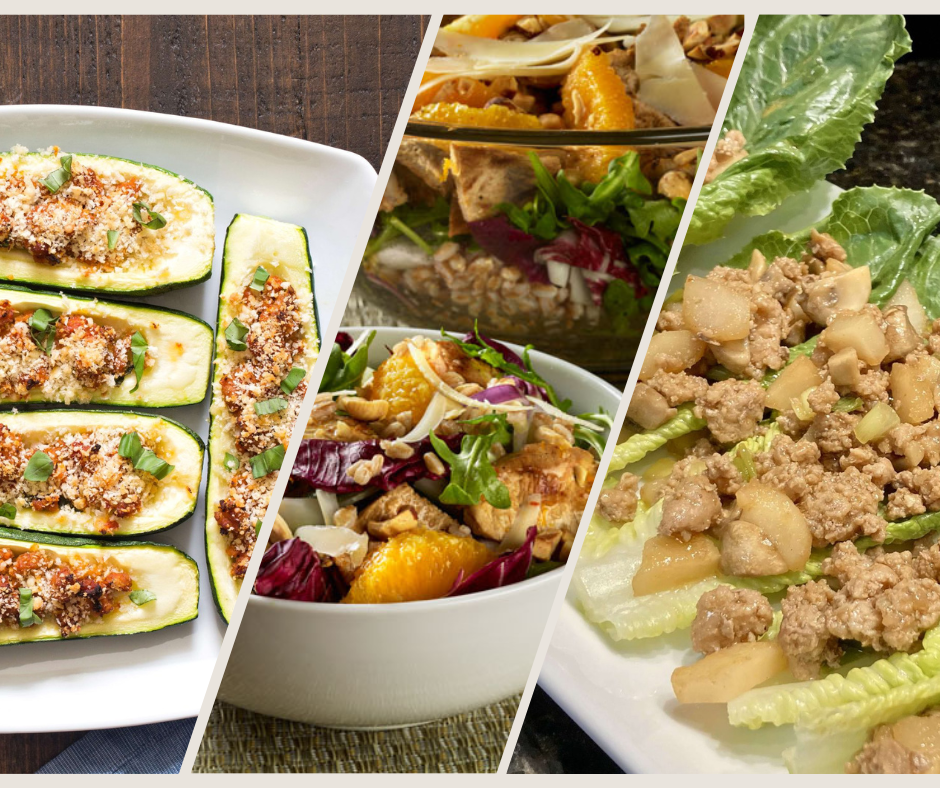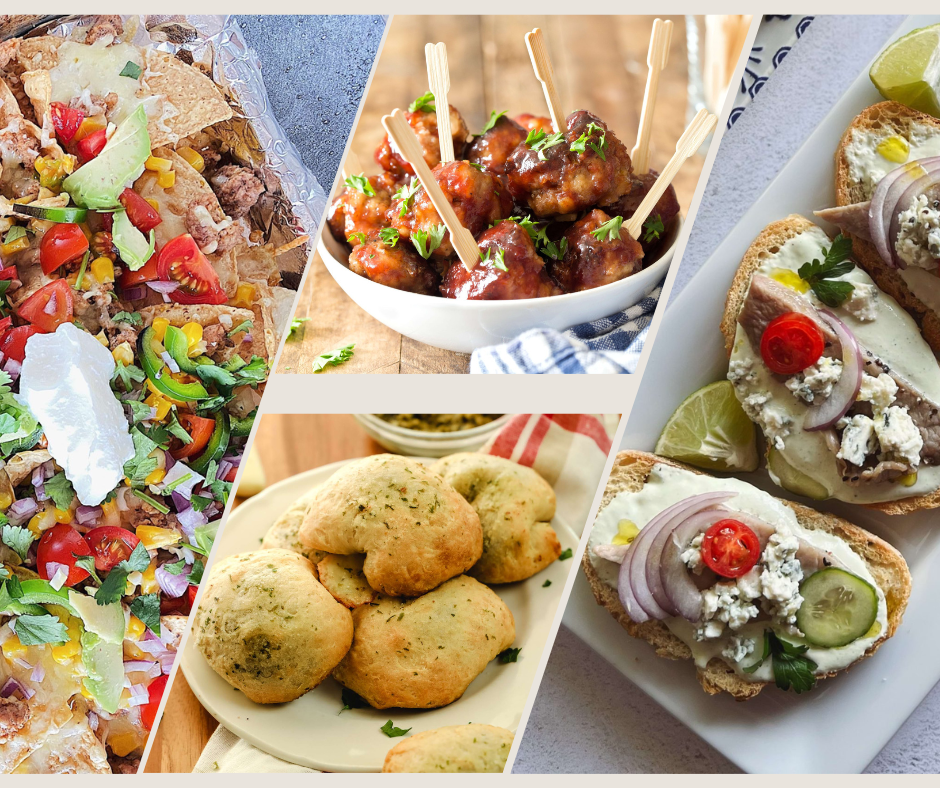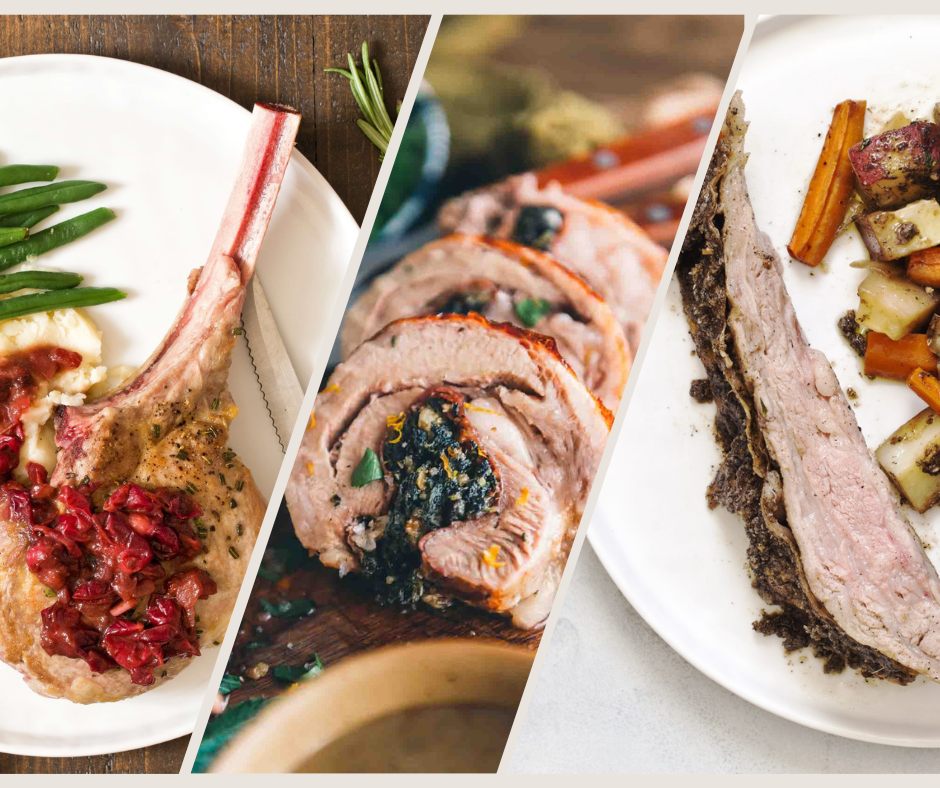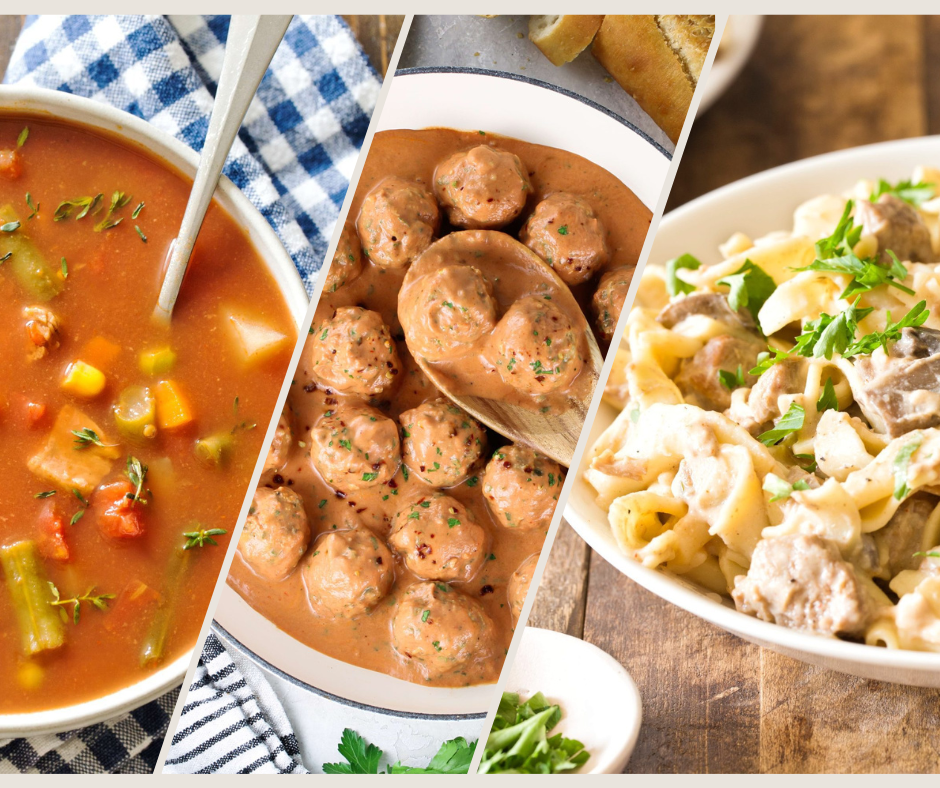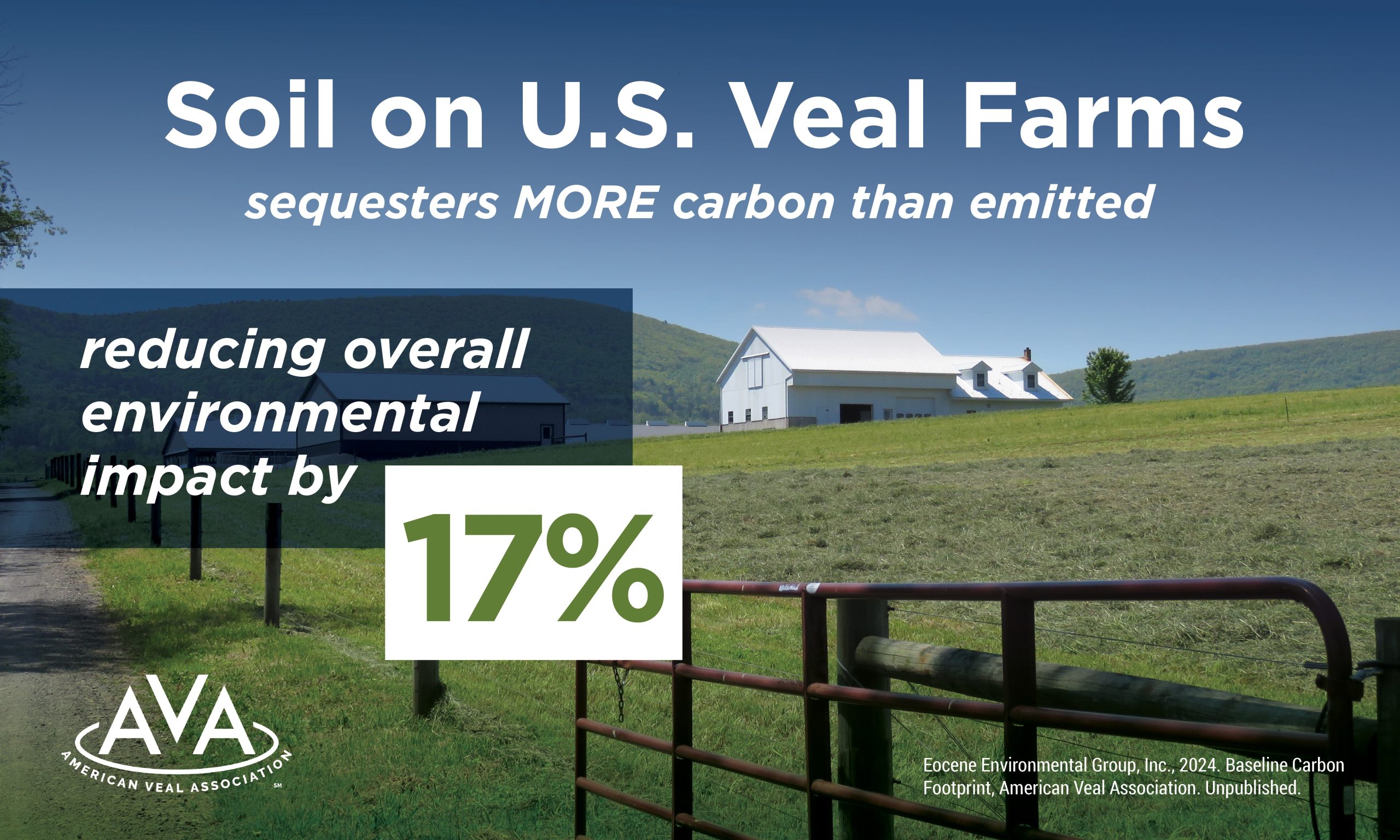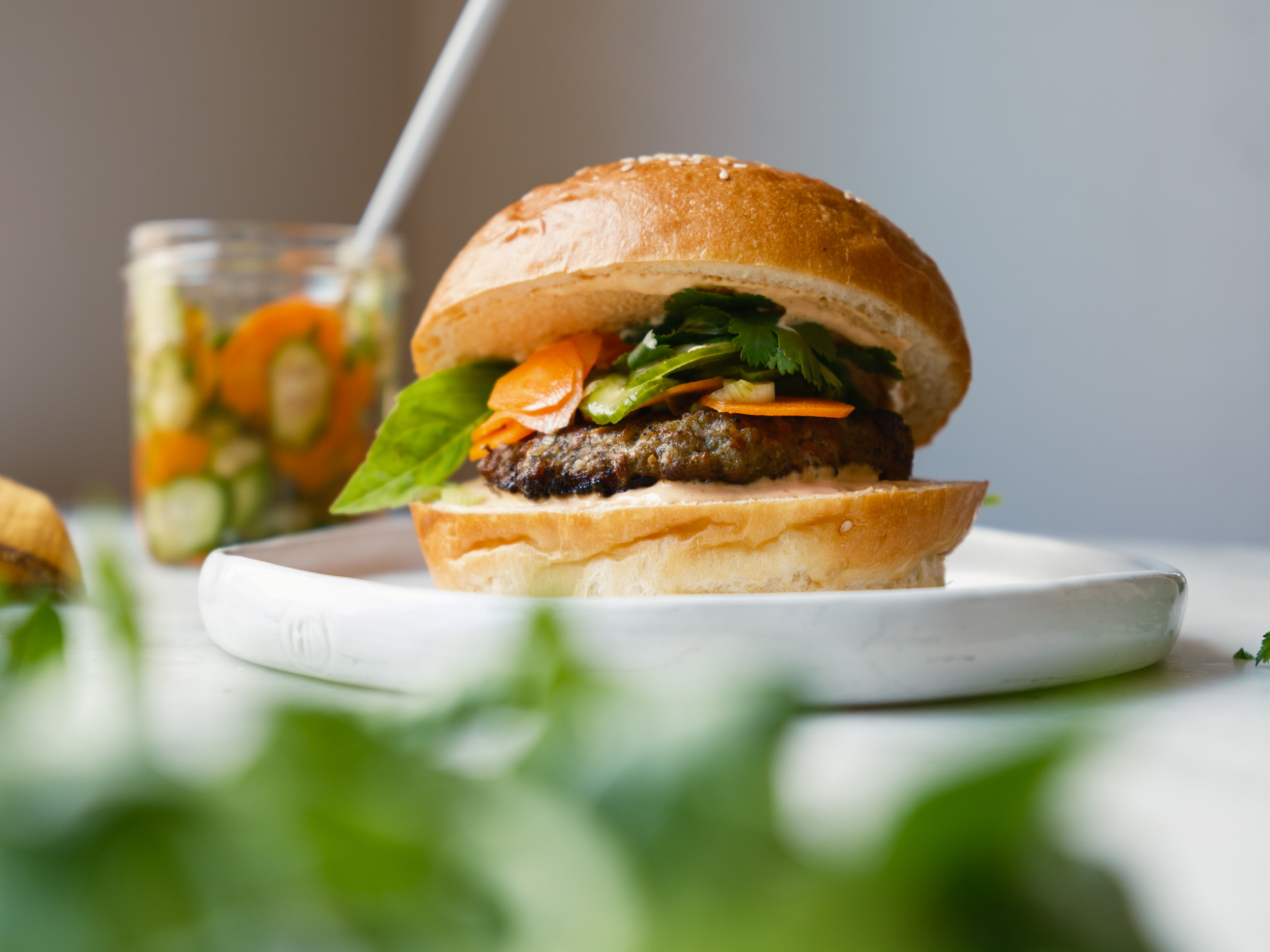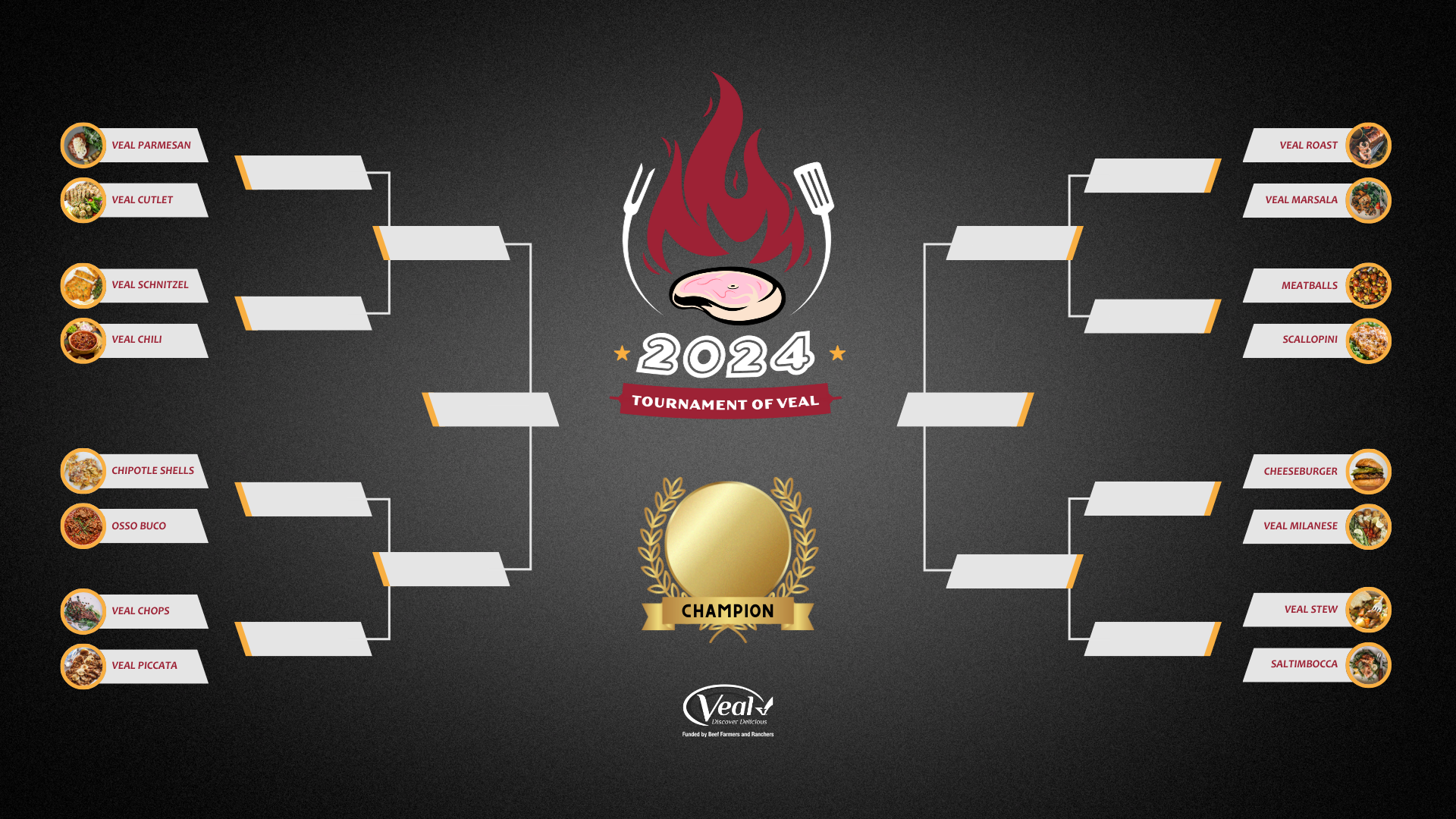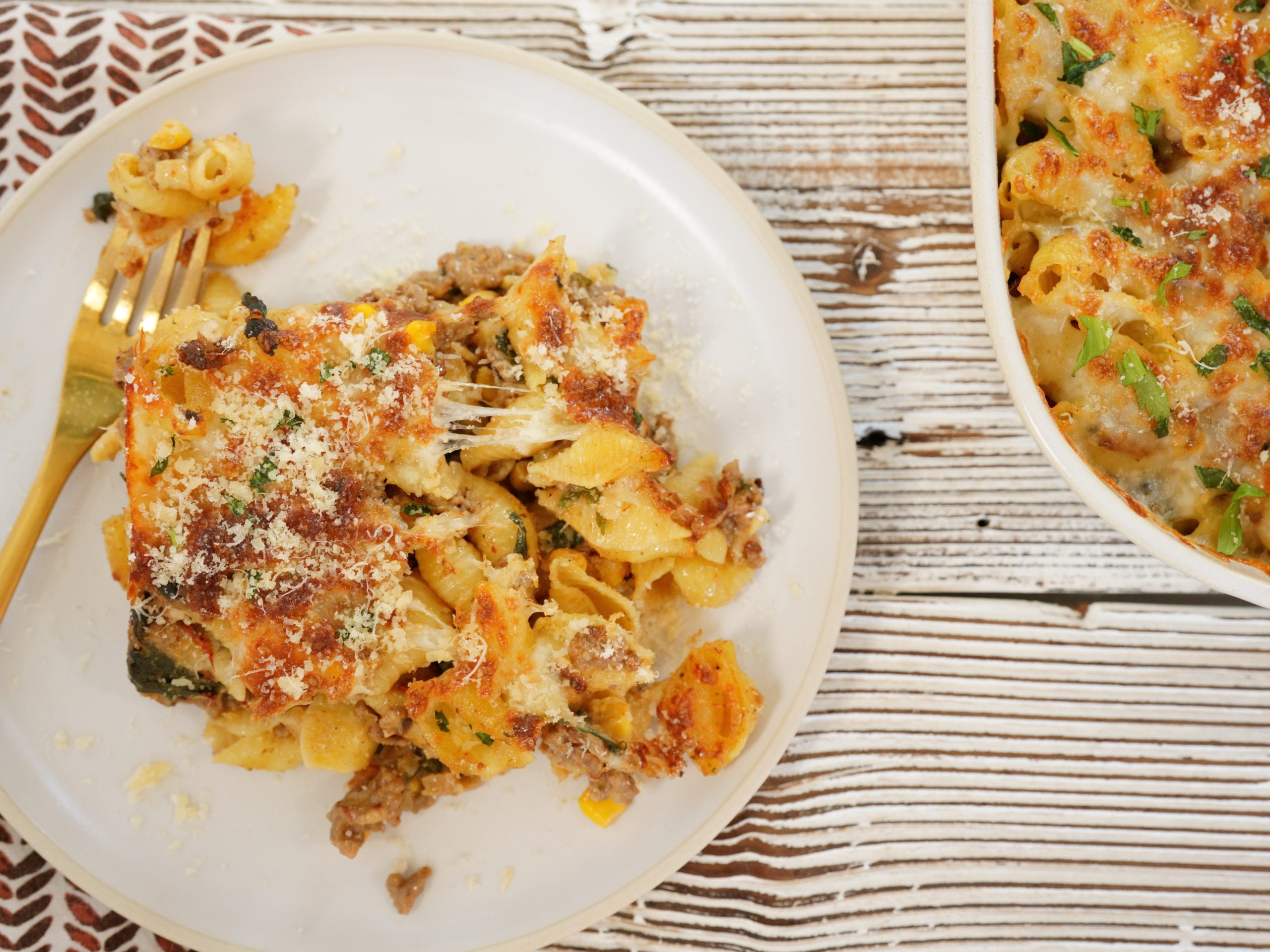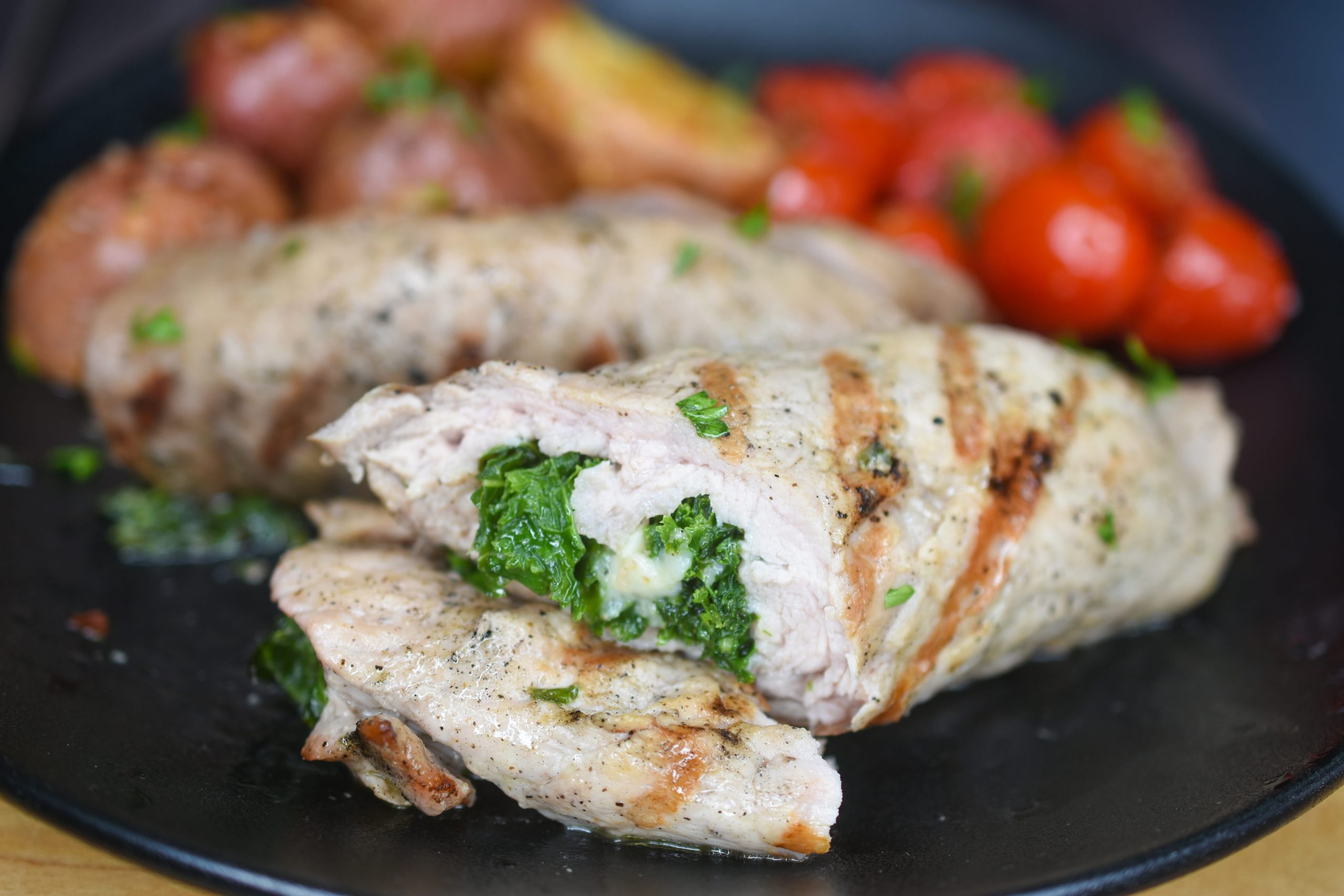When it comes to choosing responsibly raised food, animal welfare matters. That’s why the Veal Quality Assurance (VQA) program plays such an important role in the veal industry. Originally established in 1990, the program has grown into a trusted standard for animal care. Today, the VQA is managed by the North American Meat Institute and funded by the Beef Checkoff.
Over time, this science-based program has evolved to meet the changing expectations of consumers. Fully supported by veal growers, the VQA program ensures that formula-fed veal calves receive excellent care through every stage of life. According to Veal.org, the goal is simple: to deliver “responsibly raised, safe, quality veal” while building transparency and trust with consumers.
New in the Veal Quality Assurance Program
Most recently, in 2023, the VQA program underwent review and updates to further improve animal welfare. One major enhancement was the introduction of Body Condition Scoring (BCS)—a first for veal production. This system gives producers a consistent way to evaluate a calf’s health, nutrition, and overall well-being throughout its life. As a result, growers can ensure that each animal is growing and thriving in the best possible environment.
In addition to BCS, the program also adopted the Five Domains of Animal Welfare, further strengthening its commitment to ethical practices. First introduced in 1994 by Professor David Mellor and Dr. Cam Reid, this model represents a shift in focus—from simply preventing suffering to promoting positive animal experiences.
The five domains—nutrition, environment, health, behavior, and mental state—offer a more holistic view of animal care. By addressing each area, producers can better understand an animals needs. Ultimately, this leads to healthier, less-stressed animals and higher-quality veal for consumers.
How the VQA Protects Animal Welfare
The Veal Quality Assurance program sets clear standards for humane animal care. Calves must be raised in environments that allow them to rest comfortably, stand easily, move freely, turn around fully, and interact naturally with other animals.
Importantly, calves are never tethered and are not given hormone implants, nor are they castrated or dehorned. In terms of animal health, antibiotics are used only when necessary—and only under the direct supervision of a licensed veterinarian. In fact, licensed veterinarians conduct all VQA certifications. The program is based on scientific standards and ensures that every participating farm follows proper welfare protocols. This professional oversight gives consumers confidence in how their food is raised.
Why This Matters to You
If you care about how your food is produced, the VQA program gives you a way to feel good about choosing veal. Through ongoing updates, science-based standards, and transparent practices, the program continues to raise the bar for animal care.
In short, the VQA is more than just a certification—it’s a reflection of the veal industry’s commitment to responsibly raised veal and ethical farming practices. For those who value food transparency and animal welfare, it offers peace of mind with every meal.
To learn more about the Veal Quality Assurance program, how veal calves are raised, or the industries recent Life Cycle Assessment explore Veal.org
